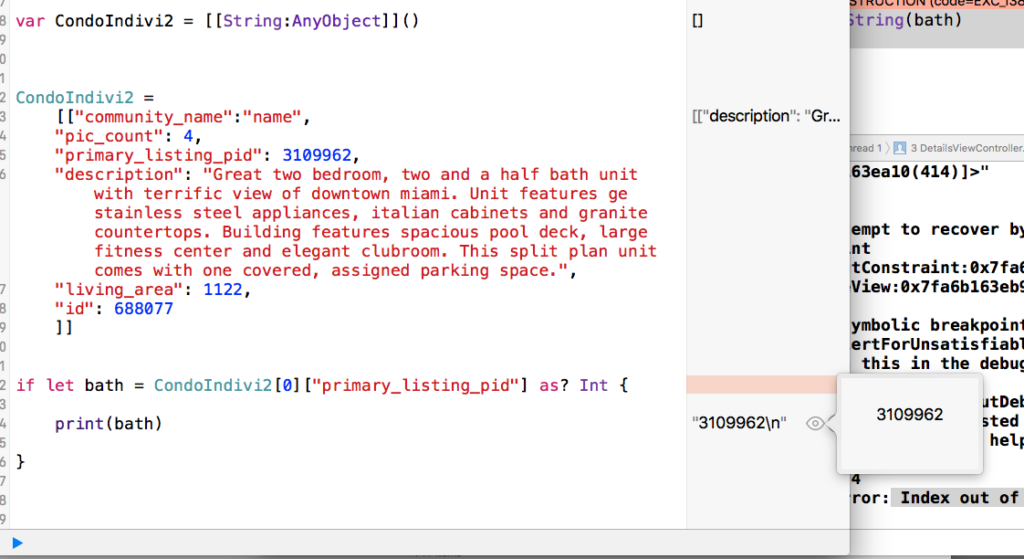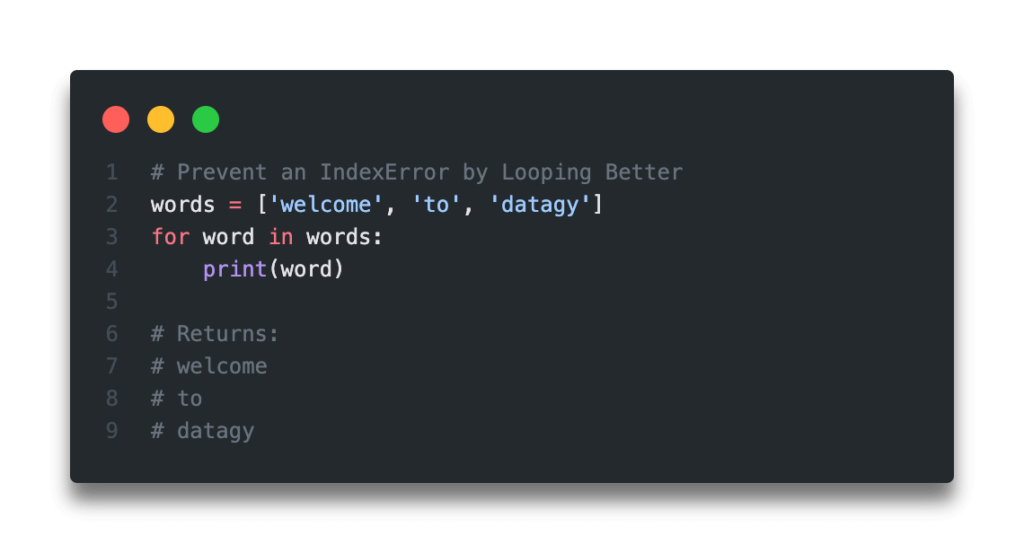As a Unity developer, you’ve probably encountered your fair share of error messages. One of the most common and often perplexing errors is the “Index Out of Range” error. In this blog post, we’ll dive deep into what this error means, why it occurs, and how to effectively handle and prevent it in your Unity projects.
What is an Index Out of Range Error?

An “Index Out of Range” error occurs when you attempt to access an element in an array or a collection at an index that does not exist. In Unity, you might encounter this error when working with arrays, lists, or other data structures that rely on indexing. The error message typically informs you that you’re trying to access an element beyond the valid range of indices.
Here’s a common example of this error:
csharp
int[] myArray = new int[3]; int value = myArray[3]; // Index Out of Range Error!
In this case, the array myArray has a length of 3, meaning it can be indexed from 0 to 2. Trying to access the element at index 3 is out of bounds and triggers an error.
Why Do Index Out of Range Errors Occur?

Understanding the root causes of Index Out of Range errors is crucial for effectively dealing with them. Here are some common reasons why they occur in Unity:
- Incorrect Indexing: You might be using an index that is greater than or less than the valid range of indices for the collection. This often happens due to miscalculations or incorrect assumptions about the size of the data structure.
- Dynamic Data Changes: If you modify the size of an array or list at runtime without updating your code accordingly, you can easily end up with out-of-bounds errors.
- Looping Errors: Loops that iterate over collections should be careful about their exit conditions and the number of iterations. If not properly controlled, they can lead to out-of-bounds access.
- User Input: When accepting user input for indexing, it’s essential to validate and sanitize that input to ensure it falls within the valid range.
How to Handle Index Out of Range Errors
Handling Index Out of Range errors gracefully can make your Unity application more robust and user-friendly. Here are some strategies to consider:
1. Bounds Checking
Before accessing an element at a particular index, perform a bounds check to ensure that the index is within the valid range. You can use conditional statements like if to verify the index’s validity.
csharp
int index = 3; if (index >= 0 && index < myArray.Length) { // Access the element safely int value = myArray[index]; } else { // Handle the out-of-bounds case Debug.LogError("Index is out of bounds!"); }
2. Try-Catch Blocks
You can also use try-catch blocks to catch and handle Index Out of Range errors. This approach is useful when you expect that certain code sections might result in out-of-bounds access.
csharp
try { int value = myArray[index]; } catch (System.IndexOutOfRangeException ex) { // Handle the error Debug.LogError("Index is out of bounds: " + ex.Message); }
3. Debugging Tools
Unity provides excellent debugging tools to help identify and resolve errors like Index Out of Range. Utilize the Unity Debugger to step through your code and inspect variables during runtime. This can help you pinpoint the source of the error.
Preventing Index Out of Range Errors
Prevention is often the best approach to handling Index Out of Range errors. Here are some best practices to minimize their occurrence:
- Validate User Input: When receiving user input for indexing, validate it to ensure it falls within the valid range.
- Use
LengthProperty: Always use theLengthproperty (orCountfor lists) to determine the size of an array or collection dynamically. Avoid hardcoding values when indexing. - Bounds-Checking Loops: When using loops to iterate over collections, carefully control the loop’s exit condition to prevent going out of bounds.
- Dynamic Collection Resizing: If you need to change the size of an array or list at runtime, make sure to update your code accordingly to avoid out-of-bounds access.
- Code Reviews: Engage in code reviews with team members to catch potential indexing issues early in the development process.
Conclusion
Index Out of Range errors can be a common source of frustration for Unity developers. However, with a solid understanding of the causes and effective error-handling strategies, you can navigate these errors more confidently. Remember to validate user input, perform bounds checks, and use debugging tools to your advantage. By following best practices and being vigilant, you can prevent Index Out of Range errors and create more stable and reliable Unity applications. Happy coding!
